Herbs
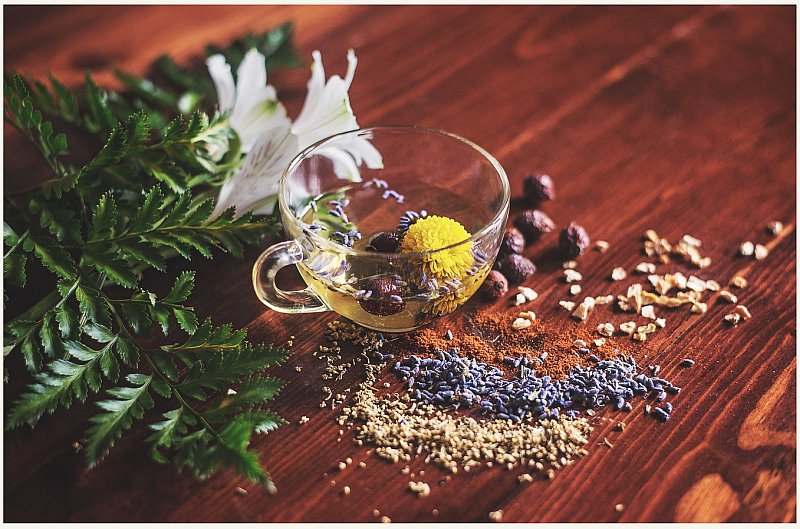
While many herbs are used for their flavour and medicinal properties, like drugs, any plant with the potential for healing when used appropriately also has the potential for harm when used irresponsibly. Although the most popular medicinal herbs are reasonably safe for most people, most of the time, and when taken in their recommended amounts, many medicinal herbs contain pharmacologically active compounds that have drug effects on the body. All drugs have the potential to cause allergic reactions, side effects, and interactions with other herbs and drugs. Anyone who uses herbs should do so cautiously, responsibly and be well informed on the herb they choose.
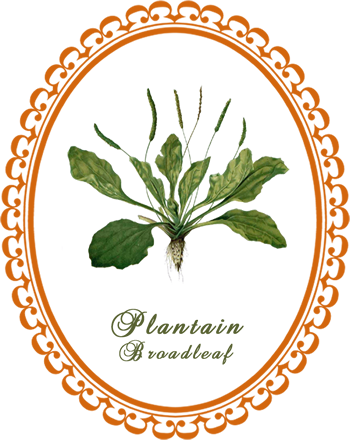
Greater Plantain: these commonplace weeds were prized in years gone by - and still valued by many - for their tasty and nutritious foliage, richer than spinach in iron and Vitamins A and C ...
Common Names: Greater Plantain, Broadleaved Plantain, White Man's Foot
Botanical Name: Plantago major
Family: Plantaginaceae
Plant Type: Perennial
Parts Used: The whole plant
Flowering: April to October
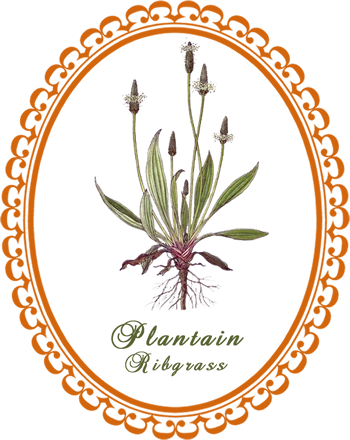
Ribgrass Plantain: Ribgrass contains a large amount of mucilage, which makes it soothing. Allantoin helps speed healing and aucubin provides an antimicrobial, antibiotic compound to help infections...
Common Names: Ribwort Plantain, English Plantain
Botanical Name: Plantago lanceolata
Family: Plantaginaceae
Plant Type: Perennial
Parts Used: Leaves
Flowering: April to November
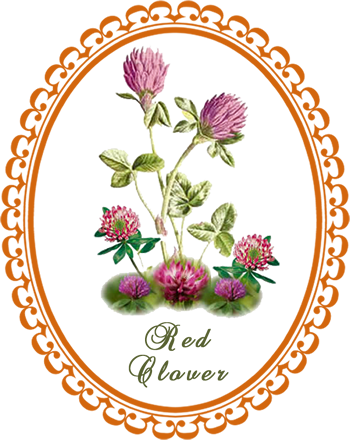
Red Clover: the main traditional use is as a remedy for skin complaints in children, especially eczema ...
Common Names: Red Clover, Honeysuckle trefoil, Bee-bread
Botanical Name: Trifolium pratense
Family: Leguminosae
Plant Type: Hardy perennial
Parts Used: Leaves, flower heads
Flowering: May to September
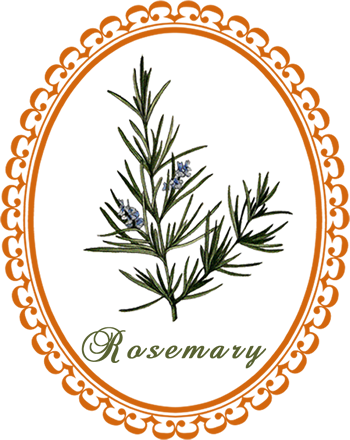
Rosemary: stimulates the brain's nervous system and boosts blood circulation. The herb contains antioxidants that aid memory and protect the body from free radicals, which damage the body's cells ...
Common Names: Rosemary, Guardrobe, Sea Dew
Botanical Name: Rosemarinus officinalis
Family: Lamiaceae
Plant Type: Evergreen shrub
Parts Used: Leaves and stems
Flowering: July
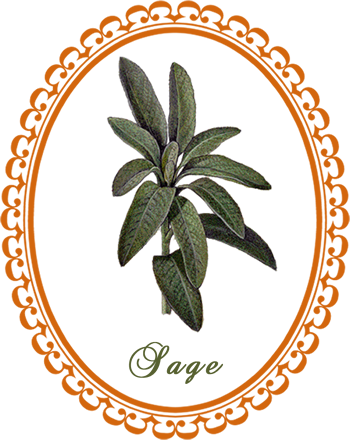
Sage: has long been considered a cure-all. The leaves provide a well-known digestive, a nerve and blood tonic, and a mouth and throat antiseptic; the aerial parts contain hormone triggers that aid the female reproductive system...
Common Names: Sage, Red Sage, garden Sage
Botanical Name: Salvia officinalis
Family: Lamiaceae
Parts Used: Leaves
Plant Type: Evergreen shrub
Flowering: July
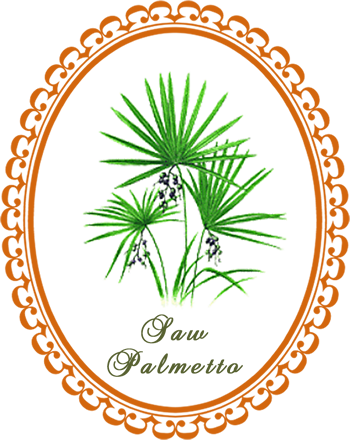
Saw Palmetto: has been generally seen to reduce prostate enlargement as well as improve the overall quality of life of those who suffer from the said conditions...
Common Names: Saw Palmetto, Sabal Palm, Palmetto Berry, American dwarf palm tree, Cabbage palm
Botanical name: Serenoa repens
Family: Arecaceae
Plant Type: Palm
Parts Used: Fruit
Flowering: April
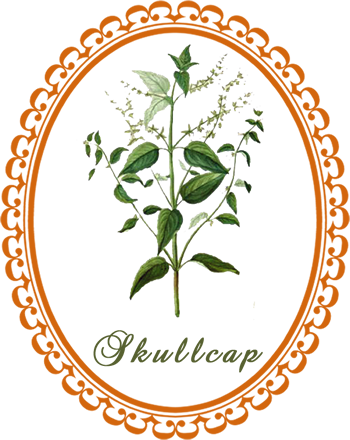
Skullcap: by its actions through the cerebrospinal centers, is a most valuable remedy for controlling nervous irritation. It relaxes states of nervous tension while at the same time renews and revives the central nervous system...
Common Names: Skullcap, Scullcap, Helmet Flower, Mad Dog Weed
Botanical Name: Scutellaria lateriflora
Family: Lamiaceae
Plant Type: Perennial
Parts Used: Dried aerial parts
Flowering: May to August
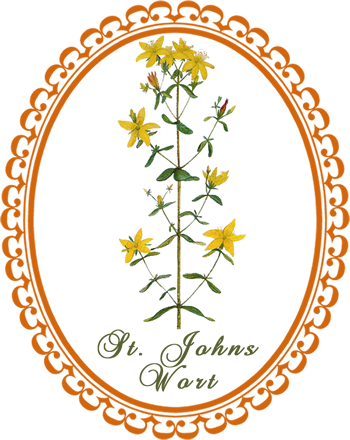
St. John's Wort: a nerve tonic oil made with St. John's wort flowers is excellent for gently massaging into areas where there is nerve strain or pain, for example, in cases of repetitive strain injury or neuralgia ...
Common Names: St John's Wort, Johnswort, Scare-Devil, Goat Weed
Botanical Name: Hypericum perforatum
Family: Clusiaceae
Plant Type: Hardy perennial
Parts Used: Dried flowering tops, leaves
Flowering: June
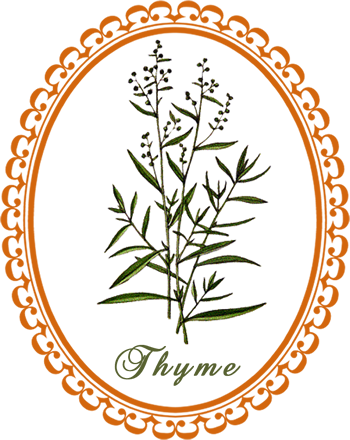
Thyme: the main active ingredient of this herb's essential oil is thymol, which is often used as a hospital antiseptic and in mouthwashes. Thyme is eight times more powerful when taken as a "whole herb", which enables all its constituents to work in synergy...
Common Names: Thyme, Common thyme, Garden thyme
Botanical Name: Thymus vulgaris
Family: Lamiaceae
Plant Type: Perennial Herb
Parts Used: Leaves and shoots
Flowering: July
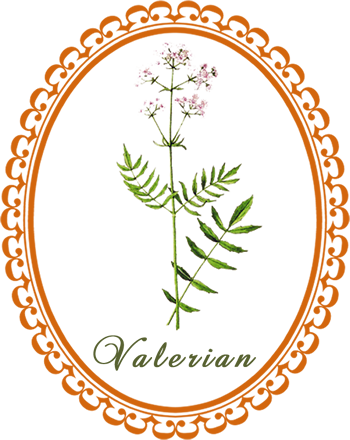
Valerian: is one of the best herbal sedatives, gently calming anxiety and easing muscular tension, and acting on the body, mind, and spirit...
Common Names: Valerian, All-Heal, Cat's Valerian, Garden Heliotrope
Botanical Name: Valeriana officinalis
Family: Valerianaceae
Plant Type: Perennial Herb
Parts Used: Root, rhizome (underground stem)
Flowering: June to August
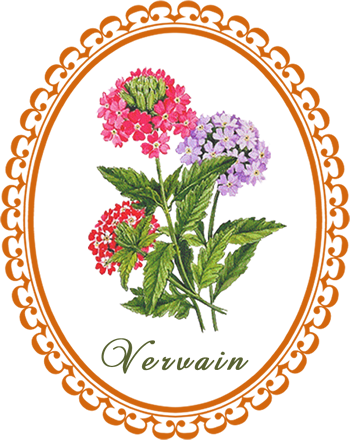
Vervain: nervine tonic that will strengthen the nervous system while relaxing and easing tension. Useful for depression following influenza ...
Common Names: Vervain, Verbena, Holy Herb, Herb of grace
Botanical Name: Verbena officinalis
Family: Verbenaceae
Plant Type: Annual
Parts Used: Leaves, flowers, and stems
Flowering: July
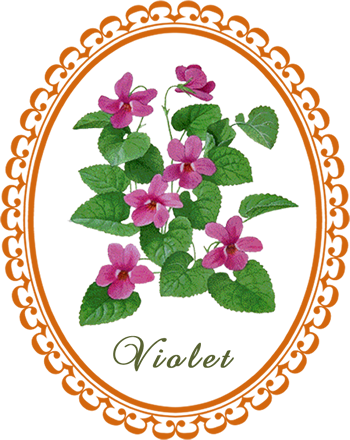
Violet: Viola odorata contains mucilage and salicylic acid, and this makes it a cooling, soothing remedy that is gently relaxing and slightly laxative...
Common Names: Violet, Sweet Violet
Botanical Name: Viola odorata
Family: Violaceae
Plant Type: Perennial
Parts Used: Flowers and leaves
Flowering: March to May

